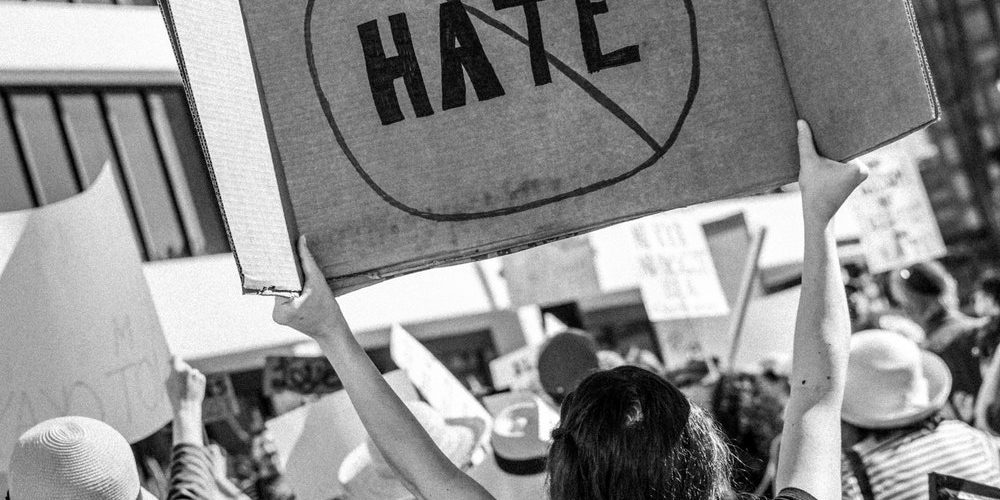New data on hate crimes recorded by the UK police showed that there was an increase of 17 percent from the year before. Crime motivated by differences in religion had also doubled, and more than half were targeted at Muslims. There were spikes in reported crimes racially or religiously motivated following terrorist attacks, like the Westminister Bridge attack in 2017.
Read the full article on The Telegraph: Hate crime linked to religion doubled in three years
Hate crimes driven by hostility against race, religion, sexual orientation, disability or transgender identity have all increased from the previous year. The police believe that the increase could be attributed to improvements in the identification and recording of such offences, and more people coming forward to report the crimes.
Analysis:
Hate crimes often occur because of prejudice and ignorance. Lack of understanding about people and their different traditions or practices contribute to fear and intolerance. Left unaddressed, these may lead to acts of intimidation and ultimately hate-motivated violence. The tension is further aggravated when there are political events such as the 2016 Brexit vote, or international crises. During these events, sentiments to protect ‘us’ against ‘others’ can be strong.
These forms of crime also occur in other societies. This video below shows data on hate crimes reported in US. The top three most common type of bigotry includes anti-Jewish, anti-black, and anti-gay.
Questions for personal analysis:
- Consider the education we receive and policies we have in Singapore to address racial and religious differences in society. Are they successful in reducing the likelihood of hate crimes?
- What more can be done to increase understanding of differences between groups?
Useful vocabulary:
- ‘bigotry’: intolerance towards those who hold different opinions from oneself.
Picture credits: https://unsplash.com/photos/UFNWLYzBR9w

